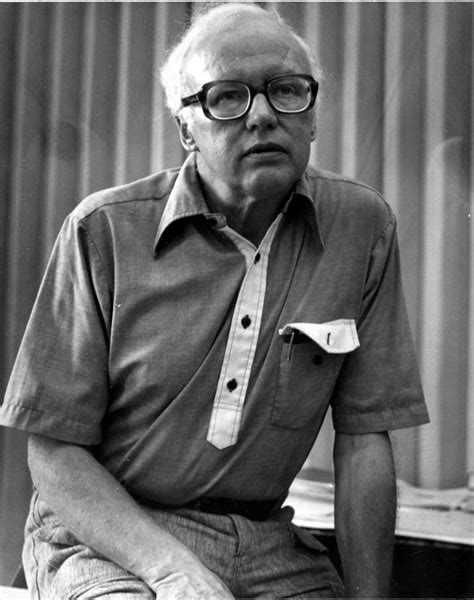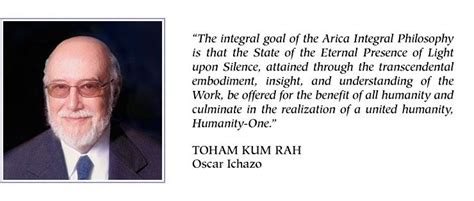A Quote by Rebecca West
Writing has nothing to do with communication between person and person, only with communication between different parts of a person's mind.
Quote Topics
Related Quotes
In an age when other fantastically speedy, widespread media are triumphing, and running the risk of flattening all communication onto a single, homogenous surface, the function of literature is communication between things that are different simply because they are different, not blunting but even sharpening the differences between them, following the true bent of written language.
Before Gutenberg, there was this really very strong oral storytelling culture where being able to relay stories from person to person was sufficient. And then, with the introduction of printing and mass communication, suddenly somebody had a lot of authority invested in the idea of a single canonical expression of a document or a piece of communication.
If you have not had direct firsthand experience of loving a category of person - a person of a different race, a profoundly religious person, things that are real stark differences between people - I think it is very hard to dare, or necessarily even want, to write fully from the inside of a person.
The dividing line [between friends and acquaintances] is communication, I think. A friend is someone to whom you can say any jackass thing that enters your mind. With acquaintances, you are forever aware of their slightly unreal image of you, and to keep them content, you edit yourself to fit. Many marriages are between acquaintances. You can be with a person for three hours of your life and have a friend. Another will remain an acquaintance for thirty years.
A human moment is a term I invented to distinguish in-person communication from electronic. Human moments are exponentially more powerful than electronic ones. I mean face-to-face, in-person contact and communication. I have identified several modern paradoxes and the first is that, for various reasons, we have grown electronically superconnected but we have simultaneously grown emotionally disconnected from each other.
We have to distinguish between a man as he is in essence, and as he is in ego or personality. In essence, every person is perfect, fearless, and in a loving unity with the entire cosmos; there is no conflict within the person between head, heart, and stomach or between the person and others. Then something happens: the ego begins to develop, karma accumulates, there is a transition from objectivity to subjectivity; man falls from essence into personality.
































